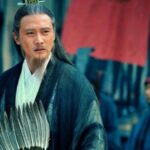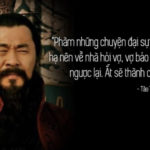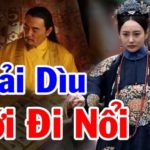The Three Kingdoms period of Chinese history, lasting from 220 to 280, was a time of division in China, with three states—Cao Wei, Shu Han, and Eastern Wu—coexisting. The male figures of this era, particularly military leaders, were often portrayed with beards. Historical records describe Guan Yu, Cao Cao, and Zhuge Liang, among others, as bearded men.
What did the beard signify for men during this period?
In ancient times, it wasn’t as easy to shave or trim one’s beard and hair as it is today. Moreover, having a beard was considered an essential feature of masculinity during this period. While the Qin and Han dynasties didn’t have strict requirements or prejudices against beardless men, towards the end of the Eastern Han dynasty and during the Three Kingdoms era, a man without a beard would be ridiculed.
When it comes to hair and beards, anecdotes and historical records mention Guan Yu as one of the most handsome bearded men of the Three Kingdoms era, earning him the nickname “Mei Ren Gong,” which translates to “the beautiful bearded lord.” Guan Yu was said to be so enamored with his own beard that he even crafted a special “beard bag” to protect it. Luo Guanzhong, a renowned writer, described Guan Yu’s beard as measuring two chi in length, which equates to approximately 12 meters using modern measurements.
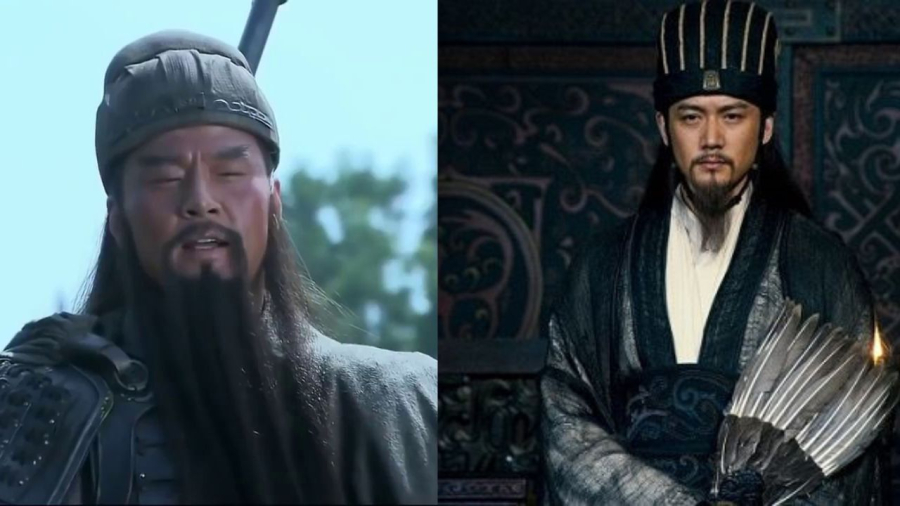
Beards Embodied the Masculine Ideal
According to some experts, having long hair and beards was seen as a standard of sorts during this time, with the exception of monks. In the ancient mindset, letting one’s hair and beard grow was a sign of respect for one’s parents and also symbolized an individual’s social status.
During the Qin and Han dynasties, there wasn’t a strict requirement for beards, and people were not discriminated against based on their facial hair. For instance, in the Western Han dynasty, Sima Qian, a famous historian, described Zhang Liang, a strategist, in the “Shiji Li Hou Se Jia” as “looking like a woman.” Similarly, in the “Shi Ji Quan Wu Liu Chen Sheng Xiang Se Jia,” the author portrayed Chen Ping, a male beauty, as having a very attractive appearance with ears as beautiful as jade. Thus, Zhang Liang and Chen Ping might have been beardless, but they were still praised for their bright and handsome looks.
However, when describing the appearance of Liu Bang, the emperor of the Han dynasty, Sima Qian wrote in the “Shiji”: “The emperor has a long face and a beautiful beard.” Additionally, in the book “Hou Han Shu Guang Wu Di Ji,” Liu Xiu, the emperor of the Eastern Han dynasty, is described as “seven chi and three cun tall, with a beautiful beard and a wide mouth.”
It is evident that by the Han dynasty, ancient people valued beards. A beard represented male beauty and symbolized solemnity and authority. Men without beards would become a joke and be mocked during the Eastern Han dynasty.
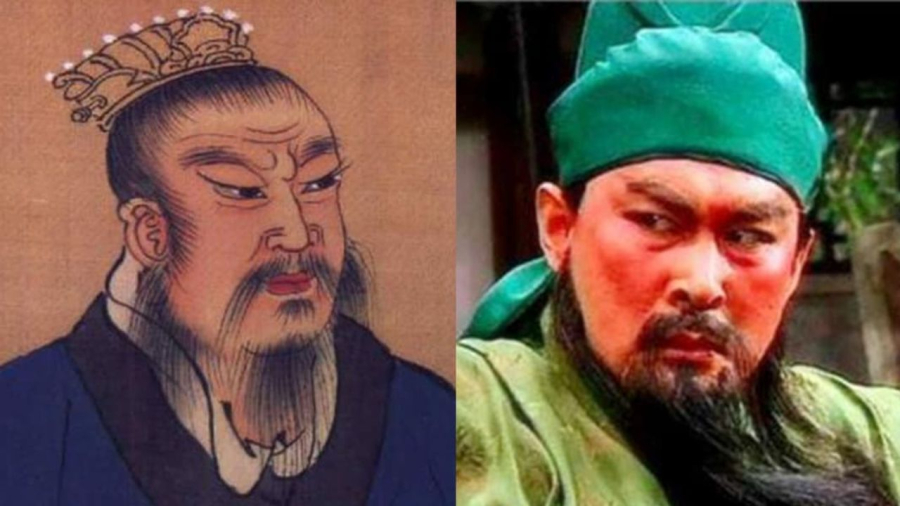
Longer Beards were Preferred
Losing Your Life Over a Beard
In the book “San Guo Zhi Quan Su Shu Zhi Zhu Quan Chuan,” there is a record of a story about Zhang Yu and Liu Bei, which also involves beards. Zhang Yu, a prophet of the Eastern Han dynasty, had a very thick beard. Liu Bei, on the other hand, had little facial hair, and he mocked Zhang Yu for having so much beard. Zhang Yu retaliated by laughing at Liu Bei for his lack of facial hair, which ultimately led to Zhang Yu losing his life.
Additionally, according to anecdotes, Cao Cao, the famous warlord, was obsessed with his beard. Before meeting an envoy from the Xiongnu, a nomadic tribe, Cao Cao felt that his beard wasn’t majestic enough, so he asked someone to help him trim and style it to make it look more impressive. Records in the “San Guo Zhi” also mention that when Cao Cao’s son, Cao Zhang, returned victorious from a battle, Cao Cao stroked his beard and praised his son.
In the ancient mindset, beards played a significant role in a man’s life. It was believed that a man with a beard would be respected and hold power within his family and society. Ancient officials often paid attention to their beards and even competed with each other over the length of their facial hair. In fact, one could determine their rank or status based on their beards, and military leaders were required to have thick and robust beards, earning them the title of “Tiger Beards,” naturally symbolizing authority and power.
Over time, as lifestyles, thoughts, and values evolved, men gradually adopted the habit of trimming their beards.
The Daytime Maid Works Tirelessly, But Why Does She Fear Her Master’s Slumber at Night?
In ancient times, women of the lower strata of society, especially palace maids, endured unimaginable hardships. Their lives were fraught with challenges and struggles that most of us today cannot even fathom. These women faced a constant battle for survival in a world that often treated them as mere pawns to be sacrificed at the altar of power and prestige.
The Wisdom of Zhuge Liang: Timeless and Inspiring Quotes
Sure, I can assist you with that!
“Zhuge Liang (Chinese: 诸葛亮; 181-234), styled Kongming, and titled Wolong, was a prominent founding father of the Shu Han dynasty during the Three Kingdoms period. A brilliant strategist and statesman, Zhuge Liang is widely revered in Chinese culture and has become an iconic figure synonymous with intelligence and wisdom.”
The Empress of China’s Secret: Why Did Consorts Need an Escort After the Emperor’s Summons?
The Qing Dynasty established guidelines for the emperor to maintain harmony within the harem. These guidelines stipulated that the emperor should distribute his favors evenly and treat all concubines equitably. This practice of rotating concubines and ensuring equal treatment was implemented to prevent conflicts and foster a peaceful environment within the imperial harem.


























